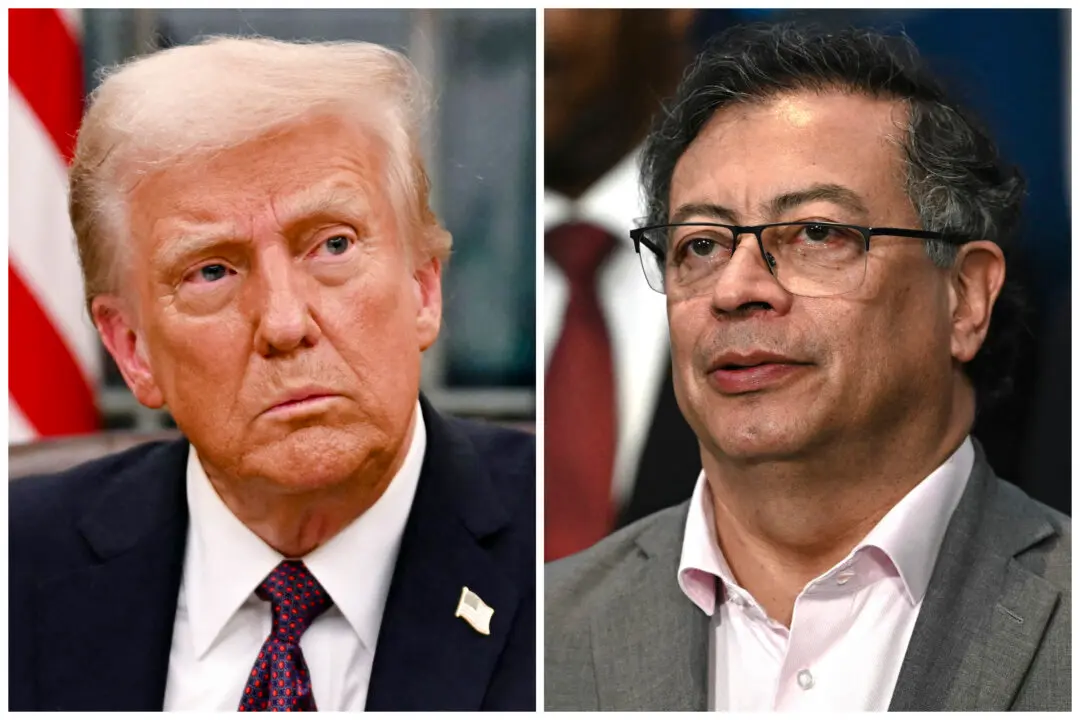The United States, Australia, and Israel were the only UN member states out of 193 to vote against the Palestinian Delegation being able to chair the upcoming Group of 77 meetings on Oct. 16.
Fifteen countries, including Canada, Honduras, and Poland, abstained from voting.




